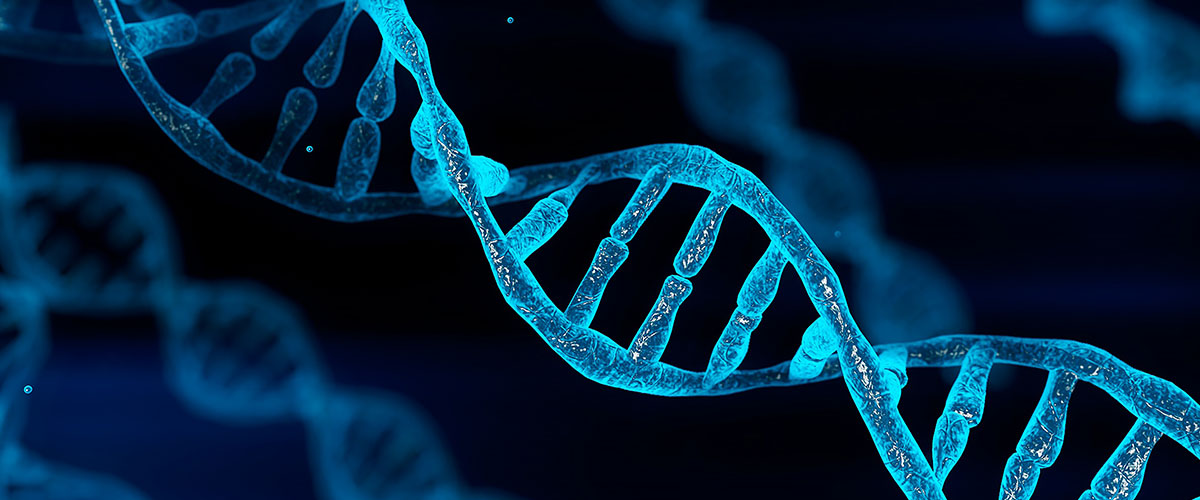)
CfDNA in Hereditary and High-Risk Malignancies (CHARM)
Project Title: CfDNA in Hereditary and High-Risk Malignancies (CHARM)
Project Duration: 2018-2028
MOHCCN Consortium: Princess Margaret Cancer Consortium
Investigators: Dr. Trevor Pugh, Dr. Raymond Kim, Dr. Aaron Pollett, Dr. Yvonne Bombard, Dr. Lesa Dawson, Dr. Lynette Penney, Dr. Mark Bask, Dr. William Foulkes, Dr, Intan Schrader, Dr. Aly Karsan
Partners:
- Princess Margaret Cancer Centre
- OICR
- Mount Sinai Hospital
- Unity Health
- Eastern Health
- IWK Health Centre
- Jewish General Hospital
- McGill University
- BC Cancer Agency
Aim/goals:
- To develop a safe, effective, and minimally invasive cell-free DNA (cfDNA) screening test that can detect early cancer onset and predict tissue-of-origin in patients with a hereditary cancer syndrome population
Summary:
Patients with a hereditary cancer syndrome (HCS) have a strong personal and/or family history of cancer. To determine the cause of their cancer predisposition, such individuals are offered germline genetic testing which aims to identify one of the over 100 genes associated with HCS. Since the molecular events driving hereditary cancers are known (i.e., the “first hit” is the inherited mutation and a “second hit” somatic mutation is acquired in the remaining wild-type allele), these “second hits” should be detectable in plasma cell-free DNA (cfDNA). If additional tumor-specific mutations are also identified, these can likewise be used to monitor disease progression via cfDNA analysis. We wish to test whether profiling cfDNA from HCS patients can be used to detect cancer. Recent advances in cfDNA whole genome profiling methods have created opportunities to further improve cancer detection at the earliest stages, as well as highly sensitive monitoring in HCS patients. Testing the clinical utility of cfDNA sequencing will allow us to determine whether these analytical approaches can non-invasively track HCS-associated malignancies in a clinical setting.
